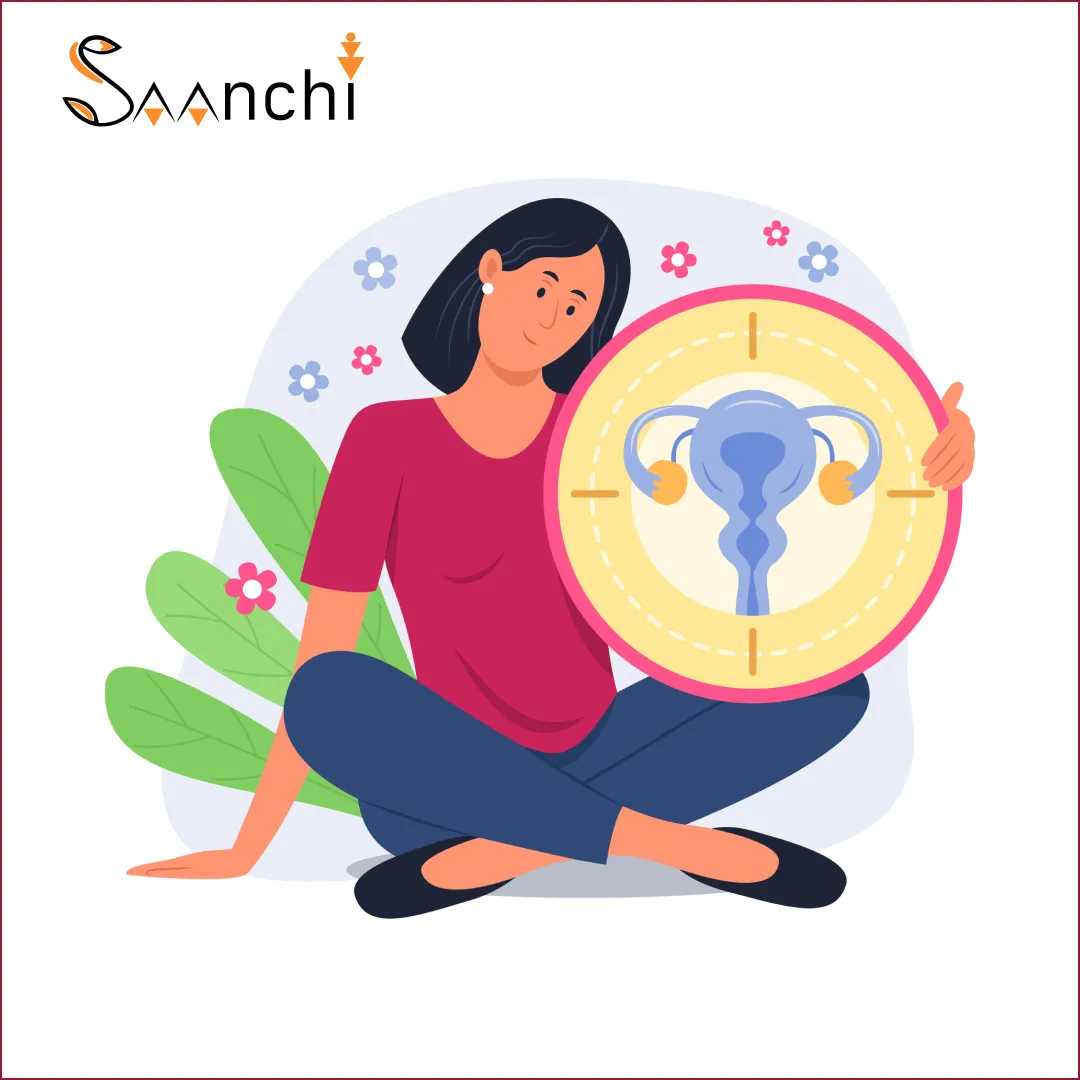Stress is a common part of modern life, and its impact on our health can be profound. One area where stress can have a significant effect is on the menstrual cycle. Understanding how stress affects your menstrual cycle is crucial for maintaining overall well-being and reproductive health.
The Connection Between Stress and Menstrual Health
The menstrual cycle is regulated by a delicate balance of hormones, which can be easily disrupted by stress. When you’re stressed, your body goes into “fight or flight” mode, releasing stress hormones like cortisol and adrenaline. These hormones can interfere with the regular functioning of your reproductive system, leading to changes in your menstrual cycle.
Irregular Periods
One of the most common ways stress affects your menstrual cycle is by causing irregular periods. Stress can lead to missed periods, shorter or longer cycles, or even complete cessation of menstruation, known as amenorrhea. This happens because stress hormones can inhibit the production of gonadotropin-releasing hormone (GnRH), which is essential for the release of other hormones that control the menstrual cycle.
Heavy Menstrual Bleeding
Stress can also cause heavy menstrual bleeding, a condition known as menorrhagia. When you’re stressed, the balance between estrogen and progesterone can be disrupted, leading to the thickening of the uterine lining. As a result, when your period arrives, the bleeding can be heavier and last longer than usual.
Premenstrual Syndrome (PMS)
Premenstrual Syndrome (PMS) symptoms such as mood swings, bloating, and irritability can be exacerbated by stress. Stress can worsen the physical and emotional symptoms of PMS, making the days leading up to your period particularly uncomfortable.
Painful Periods
Stress can increase the intensity of menstrual cramps, known as dysmenorrhea. The release of stress hormones can cause the muscles in your uterus to contract more forcefully, leading to more severe pain during menstruation. This can make your periods much more challenging to manage.
Coping with Stress to Improve Menstrual Health
Managing stress is essential for maintaining a healthy menstrual cycle. Here are some effective strategies to help reduce stress and its impact on your menstrual health:
Exercise Regularly
Physical activity is a great way to reduce stress. Regular exercise helps to release endorphins, which are natural mood lifters. Aim for at least 30 minutes of moderate exercise most days of the week to keep stress levels in check.
Practice Relaxation Techniques
Incorporate relaxation techniques such as deep breathing, meditation, and yoga into your daily routine. These practices can help calm your mind and reduce stress hormones, promoting a more regular menstrual cycle.
Get Adequate Sleep
Adequate sleep is crucial for stress management. Aim for 7-9 hours of quality sleep each night. Establish a regular sleep routine and create a restful environment to improve your sleep quality.
Maintain a Healthy Diet
Eating a balanced diet rich in fruits, vegetables, whole grains, and lean proteins can help manage stress levels. Avoid excessive caffeine and sugar, which can contribute to stress and hormonal imbalances.
Seek Support
Talking to friends, family, or a mental health professional about your stress can provide valuable support. Sometimes, just sharing your concerns can help reduce stress levels and improve your overall well-being.
About Saanchi
At Saanchi, we are committed to promoting menstrual health and well-being. Our programs focus on educating women and girls about the importance of managing stress and its impact on the menstrual cycle. We offer workshops and resources on stress management techniques, ensuring that every woman has the tools to maintain a healthy menstrual cycle. By addressing stress and its effects on menstrual health, we strive to create a supportive and informed community.
In conclusion, understanding how stress affects your menstrual cycle is essential for maintaining overall health. By managing stress through exercise, relaxation techniques, adequate sleep, a healthy diet, and seeking support, you can help regulate your menstrual cycle and improve your quality of life.


